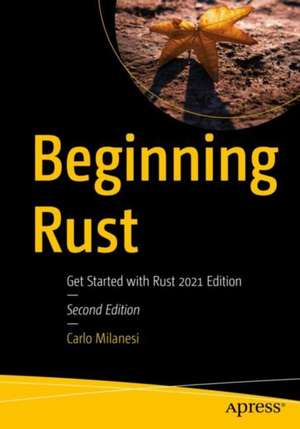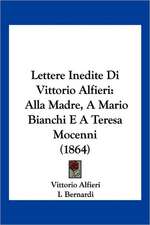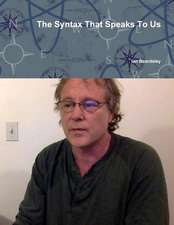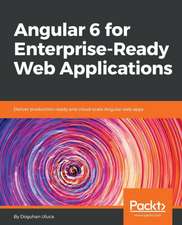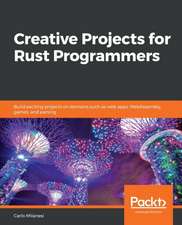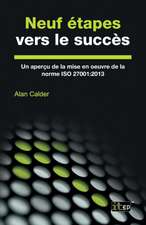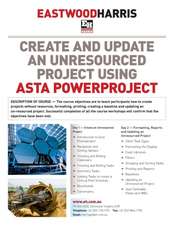Beginning Rust: Get Started with Rust 2021 Edition
Autor Carlo Milanesien Limba Engleză Paperback – 16 dec 2021
Beginning Rust starts with the basics of Rust, including how to name objects, control execution flow, and handle primitive types. You’ll see how to do arithmetic, allocate memory, use iterators, and handle input/output. Once you have mastered these core skills, you’ll work on handling errors and using the object-oriented features of Rust to build robust Rust applications in no time.
Only a basic knowledge of programming in C or C++ and familiarity with a command console are required. After reading this book, you’ll be ready to build simple Rust applications.
What You Will Learn
- Get started programming with Rust
- Understand heterogeneous data structures and data sequences
- Define functions, generic functions, structs, and more
- Work with closures, changeable strings, ranges and slices Use traits and learn about lifetimes
Those who are new to Rust and who have at least some prior experience with programming in general: some C/C++ is recommended particularly.
Preț: 314.74 lei
Preț vechi: 393.42 lei
-20% Nou
Puncte Express: 472
Preț estimativ în valută:
60.22€ • 63.05$ • 49.83£
60.22€ • 63.05$ • 49.83£
Carte disponibilă
Livrare economică 17-31 martie
Livrare express 28 februarie-06 martie pentru 101.80 lei
Preluare comenzi: 021 569.72.76
Specificații
ISBN-13: 9781484272077
ISBN-10: 1484272072
Pagini: 385
Ilustrații: XX, 413 p. 2 illus.
Dimensiuni: 178 x 254 x 28 mm
Greutate: 0.75 kg
Ediția:2nd ed.
Editura: Apress
Colecția Apress
Locul publicării:Berkeley, CA, United States
ISBN-10: 1484272072
Pagini: 385
Ilustrații: XX, 413 p. 2 illus.
Dimensiuni: 178 x 254 x 28 mm
Greutate: 0.75 kg
Ediția:2nd ed.
Editura: Apress
Colecția Apress
Locul publicării:Berkeley, CA, United States
Cuprins
1. Printing on Terminal.- 2. Doing Arithmatic.- 3. Naming Objects.- 4. Controlling Execution Flow.- 5. Using Data Sequences.- 6. Using Primitive Types.- 7. Enumerating Cases.- 8. Using Heterogeneous Data Structures.- 9. Defining Functions.- 10. Defining Generic Functions and Structs.- 11. Allocating Memory.- 12. Data Implementation.- 13. Defining Closures.- 14. Using Changeable Strings.- 15. Ranges and Slices.- 16. Using Iterators.- 17. Input/Output and Error Handling.- 18. Using Traits.- 19. Object-Oriented Programming.- 20. Standard Library Collections.- 21. Drops, Moves, and Copies.- 22. Borrowing and Lifetimes.- 23. More about Lifetimes.
Notă biografică
Carlo Milanesi is a professional software developer and expert who uses Rust. He has contributed to the Rust development community, and also has done web application development in Linux with PHP, JavaScript, Java, and the Ionic and Vaadin frameworks. Lastly, he has been in involved in these other technologies: GUI design, 2D and 3D rendering, testing automation, and database access. Carlo's applications include CAM/CAM for the stone machining industry, lens cutting laboratory automation, and corporate-wide web applications.
Textul de pe ultima copertă
Learn to program with Rust 2021 Edition, in an easy, step-by-step manner on Unix, the Linux shell, macOS, and the Windows command line. As you read this book, you’ll build on the knowledge you gained in previous chapters and see what Rust has to offer.
Beginning Rust starts with the basics of Rust, including how to name objects, control execution flow, and handle primitive types. You’ll see how to do arithmetic, allocate memory, use iterators, and handle input/output. Once you have mastered these core skills, you’ll work on handling errors and using the object-oriented features of Rust to build robust Rust applications in no time.
Only a basic knowledge of programming is required, preferably in C or C++. To understand this book, it's enough to know what integers and floating-point numbers are, and to distinguish identifiers from string literals. After reading this book, you'll be ready to build Rust applications.
You will:
Beginning Rust starts with the basics of Rust, including how to name objects, control execution flow, and handle primitive types. You’ll see how to do arithmetic, allocate memory, use iterators, and handle input/output. Once you have mastered these core skills, you’ll work on handling errors and using the object-oriented features of Rust to build robust Rust applications in no time.
Only a basic knowledge of programming is required, preferably in C or C++. To understand this book, it's enough to know what integers and floating-point numbers are, and to distinguish identifiers from string literals. After reading this book, you'll be ready to build Rust applications.
You will:
- Get started programming with Rust
- Understand heterogeneous data structures and data sequences
- Define functions, generic functions, structs, and more
- Work with closures, changeable strings, ranges and slices
- Use traits and learn about lifetimes
Caracteristici
One of the first Rust programming language books on the 2021 edition Master heterogeneous data structures and data sequences Utilize closures, changeable strings, ranges, and slices
